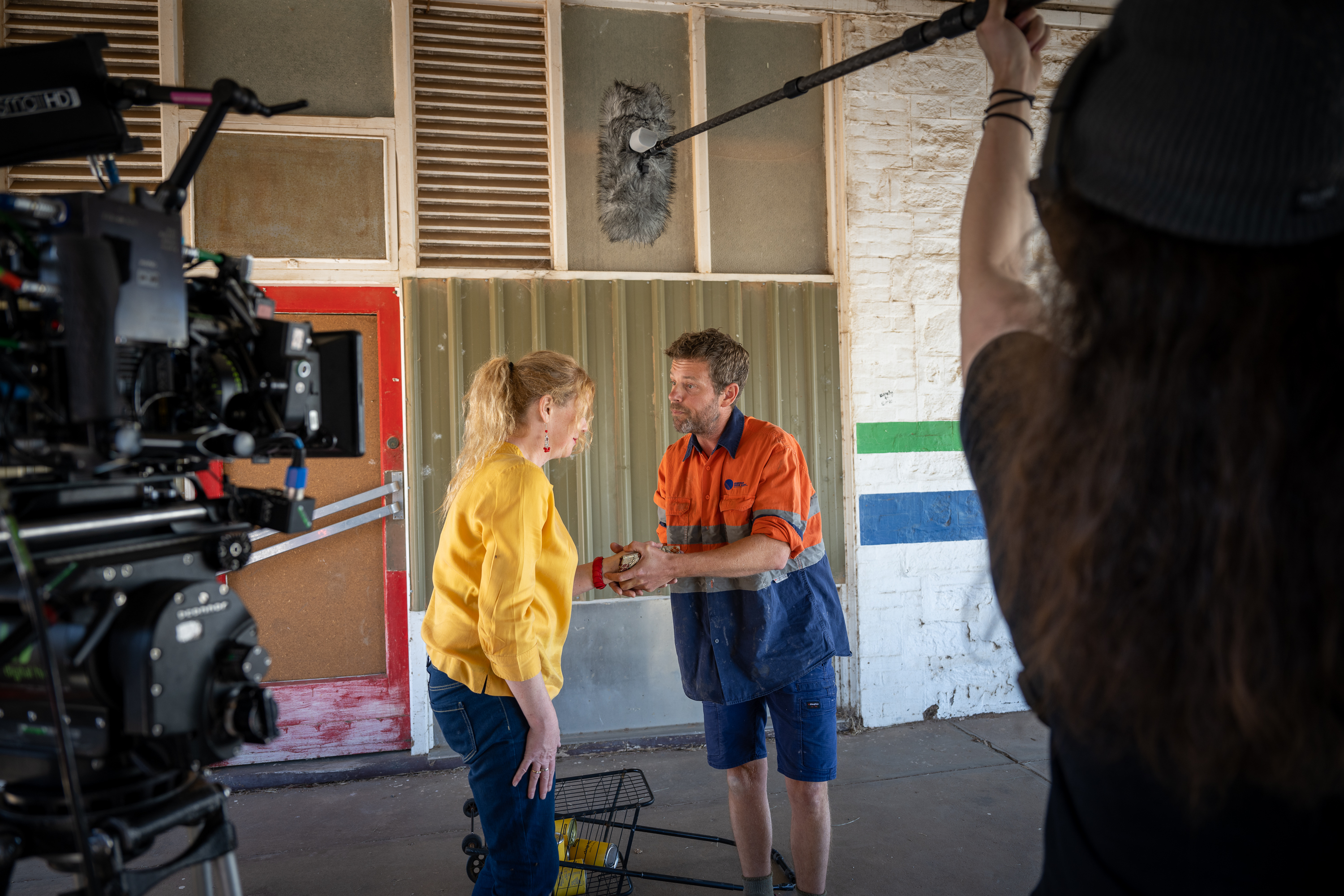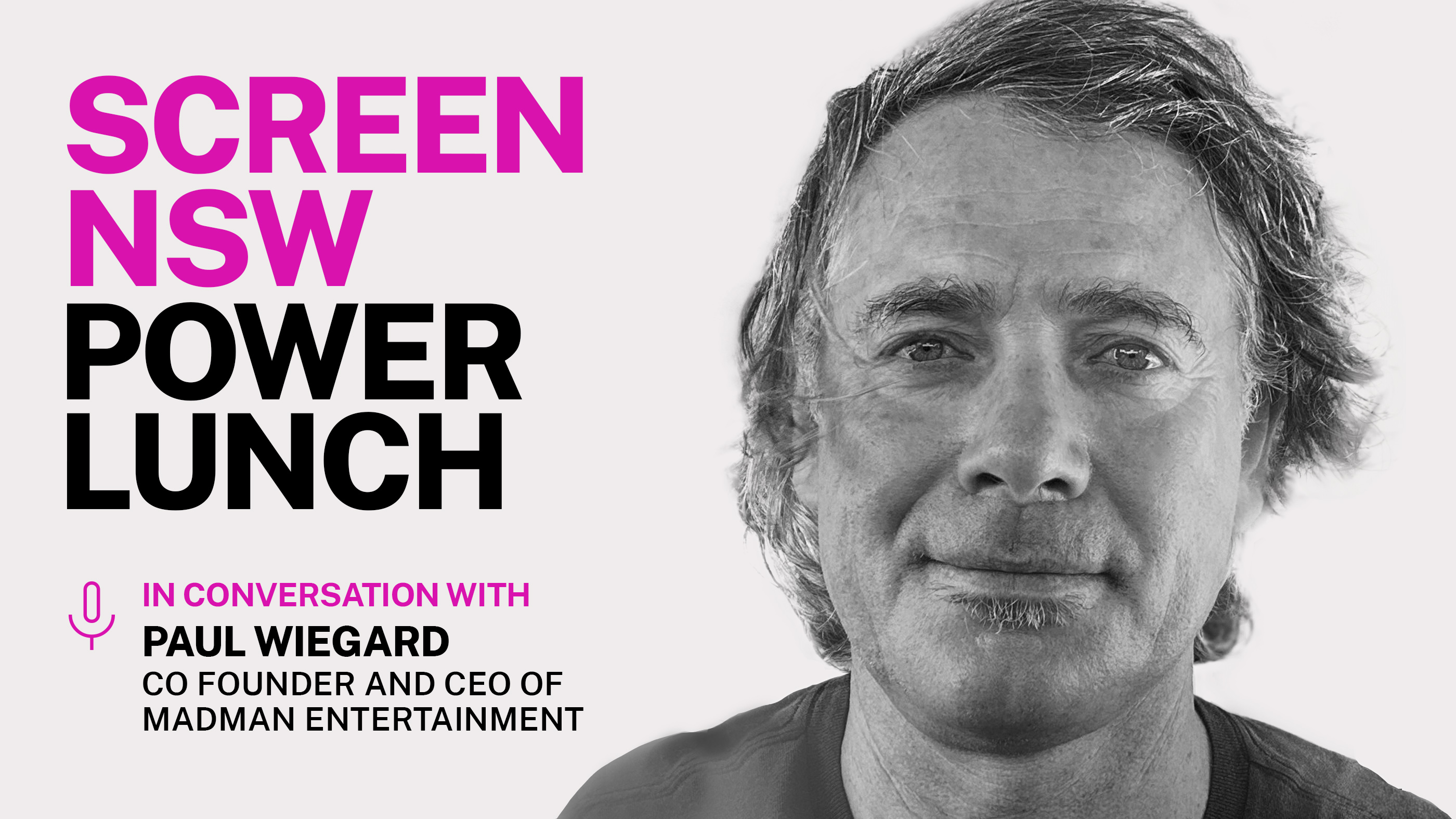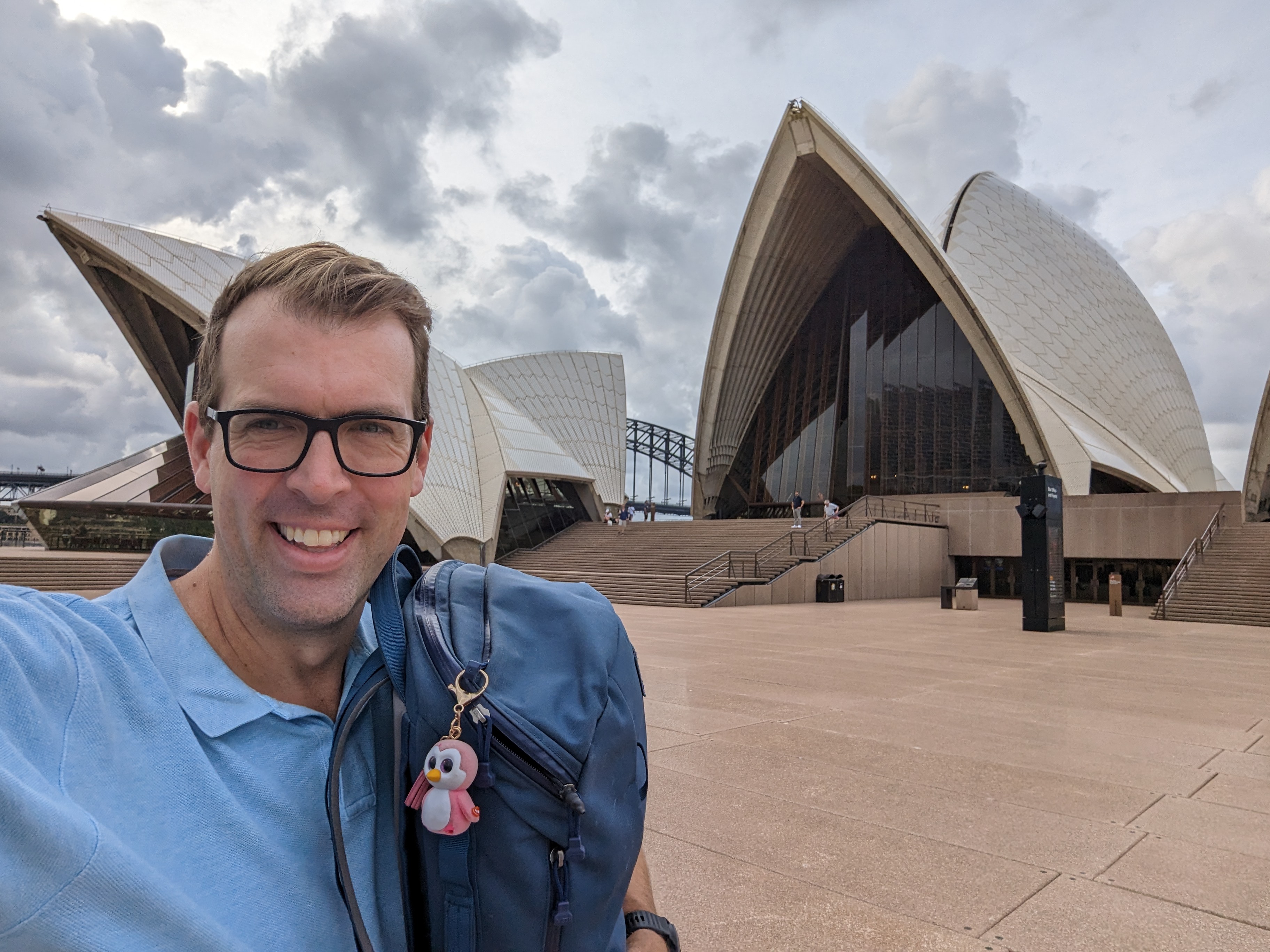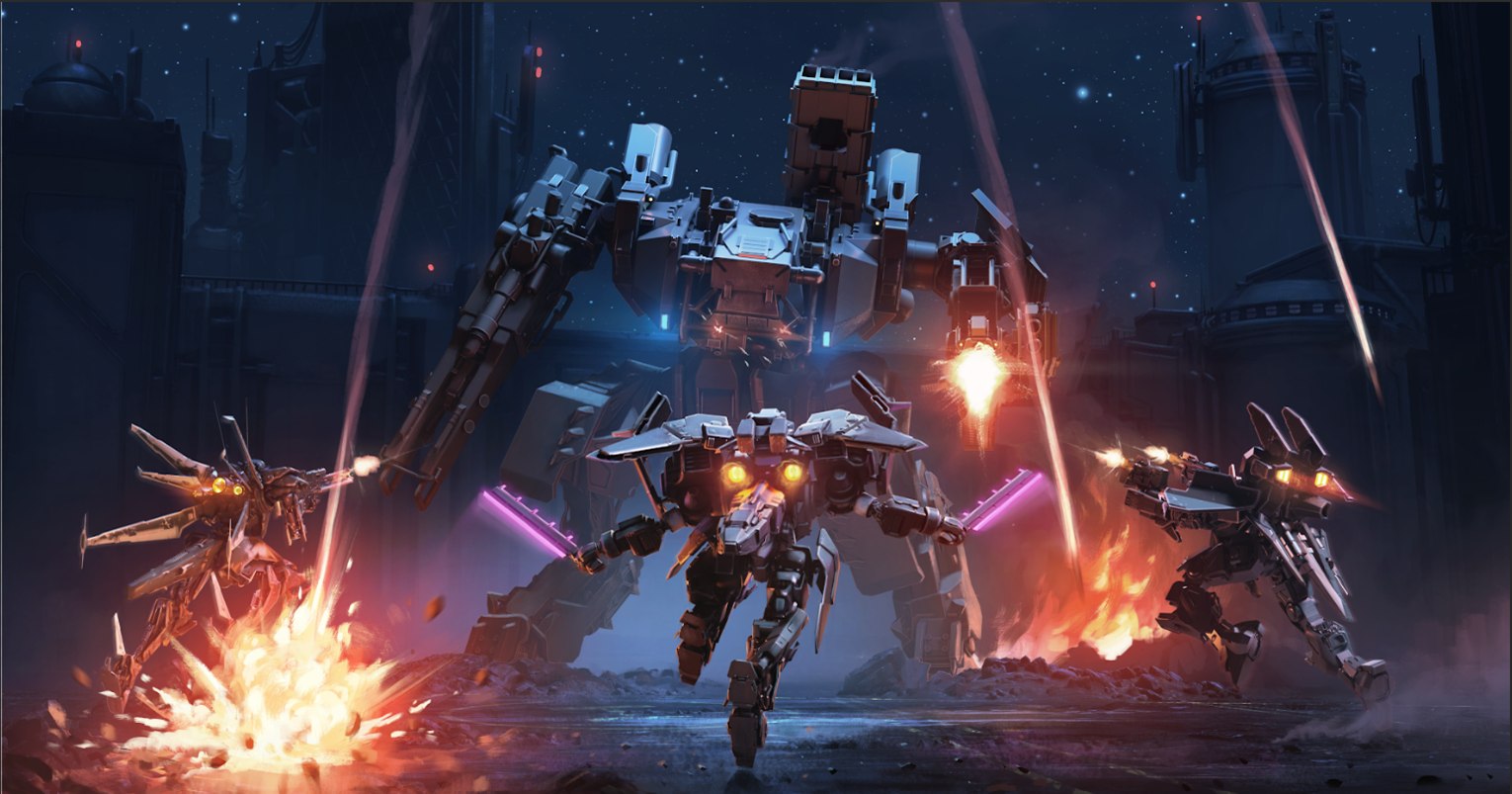Development funding
Up to $50,000
Screen NSW Development funding supports writers and producers to develop fiction or unscripted (documentary) and online projects with distinctive ideas and ambitious stories.
Production incentive
Discretionary
Screen NSW’s Made in NSW Program is a five-year funding program to support the advancement of NSW as a production destination for feature films and major television drama programs.
PDV & Digital Games
10% rebate
Screen NSW's Post, Digital and Visual Effects Rebate supports companies and practitioners carrying out PDV work in NSW.
PDV & Digital Games
Up to $30,000
Targeted at emerging and small-medium enterprise digital game creators, the fund will provide a grant of up to $30,000 for early-stage game development.

Applications are open for the Pathways Development Program, a new Screen NSW initiative supporting the continuation of a career in screen for emerging NSW creatives with disability.

Join us at as we speak with Paul Wiegard, Co-Founder and CEO of Madman Entertainment on the Australian theatrical landscape, what he’s looking for across feature films and documentaries and his approach to the international market.

Off the back of its box office success, Screen NSW spoke to Location Manager Jeremy Peek about scouting Sydney’s iconic landmarks and why he thinks audiences can’t get enough of Anyone But You.

It’s game on for NSW digital game creators with applications now open for Screen NSW’s new Digital Games Seed Development Program. Targeted at emerging and small-medium enterprise digital game creators, grants of up to $30,000 are available.